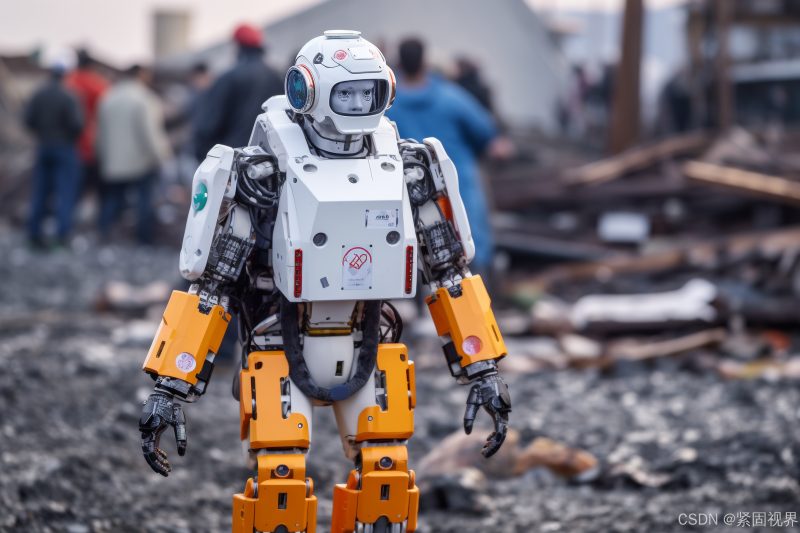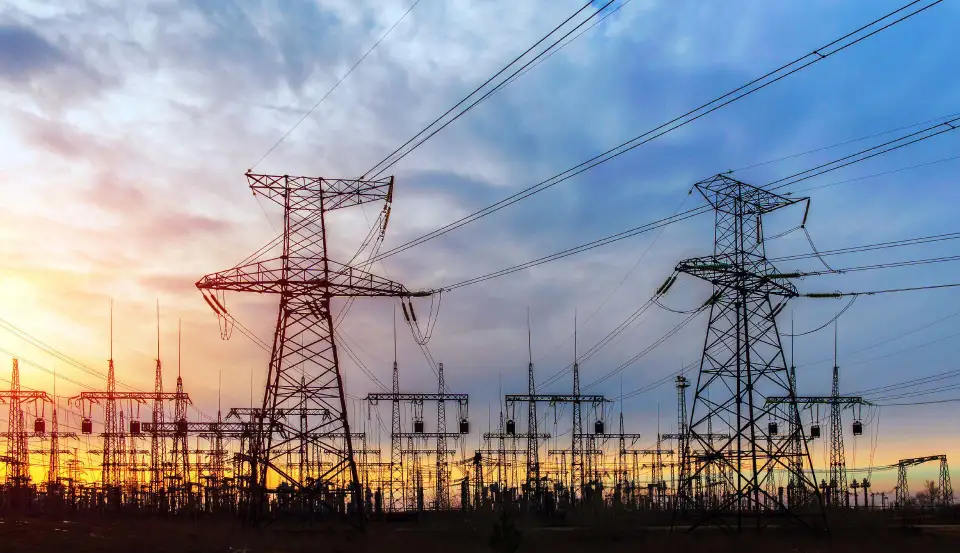On November 7, the Wuzhen Summit of the 2025 World Internet Conference opened. Liu Qiangdong, founder and chairman of JD.com, returned after an eight year hiatus and delivered a keynote speech at the opening ceremony.
Liu Qiangdong mentioned that JD.com will build the world’s first fully unmanned delivery station in April next year. At the same time, he boldly predicted that with the large-scale application of unmanned technology, ’employees may only need to work one day or even one hour per week in the future’.
In fact, before his appearance in Wuzhen this year, Liu Qiangdong had been frequently active in the public eye: in June, he attended a symposium as the co chairman of the Summer Davos Forum, and in July, he participated in the China Europe Entrepreneur Symposium as a representative of private entrepreneurs. Just recently at the end of October, he also appeared at the APEC summit in South Korea with his wife Zhang Zetian, and related updates once made it to the hot search.
After intensive appearances, standing in the center of the stage of Wuzhen Internet Conference, Liu Qiangdong talked about the future of Digital Intelligence and Jingdong’s strategic “ambition” in a more humorous and leisurely manner.
Future employees may only work one hour per week or
Above are several drones, below are all unmanned delivery vehicles with robotic arms inside. The loading of goods for drones and unmanned vehicles is all done by robots. “This is Liu Qiangdong’s description of the world’s first fully unmanned delivery station that JD.com will build in April next year.
Liu Qiangdong revealed that after 10 years of accumulation, JD Logistics’ unmanned warehouse and other technologies have equipped a large number of logistics automation equipment with the ability to deploy on a large scale and simplify operations. From a technical perspective, the unmanned operation of JD warehouses has already been achieved. The unmanned trucks tested internally by JD have exceeded hundreds of thousands of kilometers, and the unmanned vehicle tests that solved the last mile problem have already exceeded millions of kilometers
In order to support this massive unmanned network, JD Logistics recently announced that it will purchase 3 million robots, 1 million unmanned vehicles, and 100000 drones in the next 5 years, fully investing in the entire logistics supply chain scenario. Liu Qiangdong believes that once high-density solid-state batteries can be produced on a large scale, industries such as robots and drones will usher in a new wave of rapid growth.
In the era of digitalization, what should employees do with their work? Liu Qiangdong pointed out that automation equipment does not conflict with employee employment. He believes that robots will liberate humans from heavy physical labor and repetitive work, allowing grassroots employees to achieve “no wind or rain” and significantly reduce working hours. In the future, employees may only need to work one day or even one hour per week, “Liu Qiangdong’s prediction drew applause and laughter from the audience.
Previously, Liu Qiangdong has repeatedly mentioned that within JD.com, he requires modular design when developing drones, unmanned vehicles, and other equipment to ensure that couriers can directly participate in easier operations monitoring, equipment maintenance, and other work after receiving simple training.
The reduction of socialized logistics costs may save trillions of profits for enterprises
In his speech, Liu Qiangdong reviewed the process of JD’s self built logistics. He said that the core reason why JD.com entered the logistics industry 18 years ago was that the cost of socialized logistics in China was too high at that time.
Liu Qiangdong cited data stating that in 2006, the proportion of socialized logistics costs to GDP in China exceeded 18%, while during the same period, the ratio was 6-8% in European and American countries, and less than 6% in Japan. He believes that the core of high costs lies in the unorganized flow of goods, which leads to excessive handling times. In 2007, a domestic product required at least 7.2 handling times from production to delivery to consumers.
He introduced that JD Logistics reduces the number and distance of handling by placing products in the closest place to consumers. As of the end of June 2025, JD Logistics has over 3600 warehouses and more than 660000 frontline employees nationwide.
Regarding the future trend of logistics costs, Liu Qiangdong predicts that with the application of artificial intelligence and robotics technology, the proportion of socialized logistics costs in China’s GDP is expected to drop to less than 10% in the next 5 years, which means that the progress in the next 5 years may exceed that of the past 10 or even 15 years. He said that the cost of socialized logistics in China was 14.1% last year, and if this proportion can be further reduced to 6%, it can save trillions of net profits for enterprises in a year.











暂无评论内容